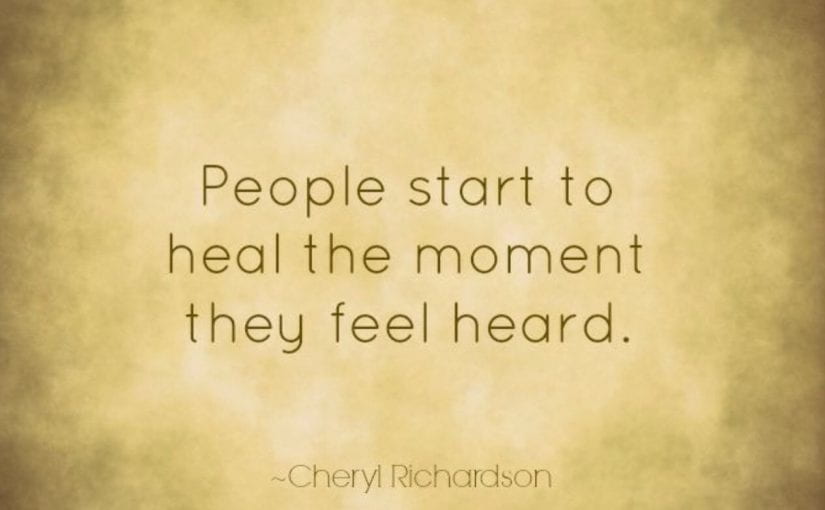I help families whose children have Dyslexia. The story is always the same, ALWAYS. Their child is struggling with reading, writing, and spelling from as soon as parents can remember. The parents begin to worry and are reassured by very well-intentioned, well-trained educators that their child will get there. They are told, “This takes time, read more at home.” As years go by, their children are pulled for small group work; maybe some word work is added, maybe more reading time is added, maybe they go in the hallway and read with a volunteer. Yet, test scores continually show this child is making minuscule gains, sometimes an entire year will go by with no improvement. They are just not at grade level. At some point, everyone realizes this child is not making adequate progress, everyone see’s the struggle, and everyone is doing the best they can with the knowledge they have to help this child. Then suddenly, things take a turn. The parents begin to lose trust in their educators. Their child begins to give up. Lots of googling happens and parents begin to suspect Dyslexia. They suddenly realize their child is being described in every post, every website, and every forum they read. They get brave and go to the school and say, “Could my child have Dyslexia?” The BIG question! Parents believe they asked so things will change. Often, it does not. Often, parents are dismissed. This is heartbreaking. Here is what I want all parents and educators to know when the word “Dyslexia” is mentioned:
1. Educators, parents that ask this question are not crazy. Please stop making them out to be. Please stop vilifying them, claiming they are making excuses for their lazy child. Dyslexia is REAL and Dyslexia has been recognized as a disability since 1975. The state of South Dakota even has a handbook all about it.
2. Educators, parents do not think you are a bad teacher or are questioning your professionalism. They are frustrated. They are sad their child hates to read and write. They are only looking to try something different because the years of what has been used is not working.
3. Parents, please understand most educators CANNOT answer the BIG question. This can only be answered through specific evaluations that address ALL the components of dyslexia. This includes making sure your child is evaluated for decoding, phonemic awareness, processing speed, fluency, comprehension, receptive and expressive language, syntax, sound symbol association, morphology, written expression, verbal and non-verbal learning skills, and anything connected to underlying language skills. This can include speech and auditory processing.
Most schools DO NOT do testing this comprehensive. You may have to ask for it. You may have to get an independent evaluation.
4. Parents, please understand, most people (educator or not) are not trained in Dyslexia, Dyscalculia, or Dysgraphia. (These all go hand in hand, more often than not.) You may have to hire your own specialist to work with your child outside of school. Most schools in South Dakota are not equipped to intervene properly. If someone tells you they are, please ask about their training and experience. I find, it is usually a one-week course they took online. (It’s better than nothing but still not what I would call sufficiently trained.)
5. Dyslexia does not have an overnight, easy fix. This is not something that will go away. This is a disability that your child will learn to manage.
6. Kids with Dyslexia are GREAT at hiding. They are good at masking the indicators and do not want anyone to know they cannot read or write. (We know they can read and write, just below grade level.) To a child with Dyslexia, they FEEL like they cannot read and write. They hurt, they feel dumb, the feel not good enough, they feel frustrated, they feel like they need to avoid all things literacy. Reading more, using the same methods, in small groups is NOT an individualized educational plan. It is just compounding the problem. It is making a Dyslexic child feel worse, feel dumb, and feel like they cannot grow, learn, or succeed.
7. There is nothing wrong with admitting when something is not working. Whether it be a curriculum, a method, a strategy, if it does not work stop using it. Try something different. This is what makes us GOOD parents and GOOD educators. We are willing to understand how this child learns and apply it to their daily routine.
My goal is to take they personal judgements out of Dyslexia. It is a diagnosis. It is a disability recognized by the federal government. It takes specific teaching methods to help a child manage. These are facts. These are not open to debate. These are things we have known since the Americans with Disabilities Act was issued. If a child is displaying the inability to understand or communicate using spoken language, written language, and cannot read, write, or spell they are protected as a person with a disability. If we stick to the facts, how many children with Dyslexia would be receiving help today? How would that transform our educational system? How would that change lives? Use the word “Dyslexia”; say it often, research it, talk about it, and watch the change happen. Inspire1learning.com 605-431-3318
